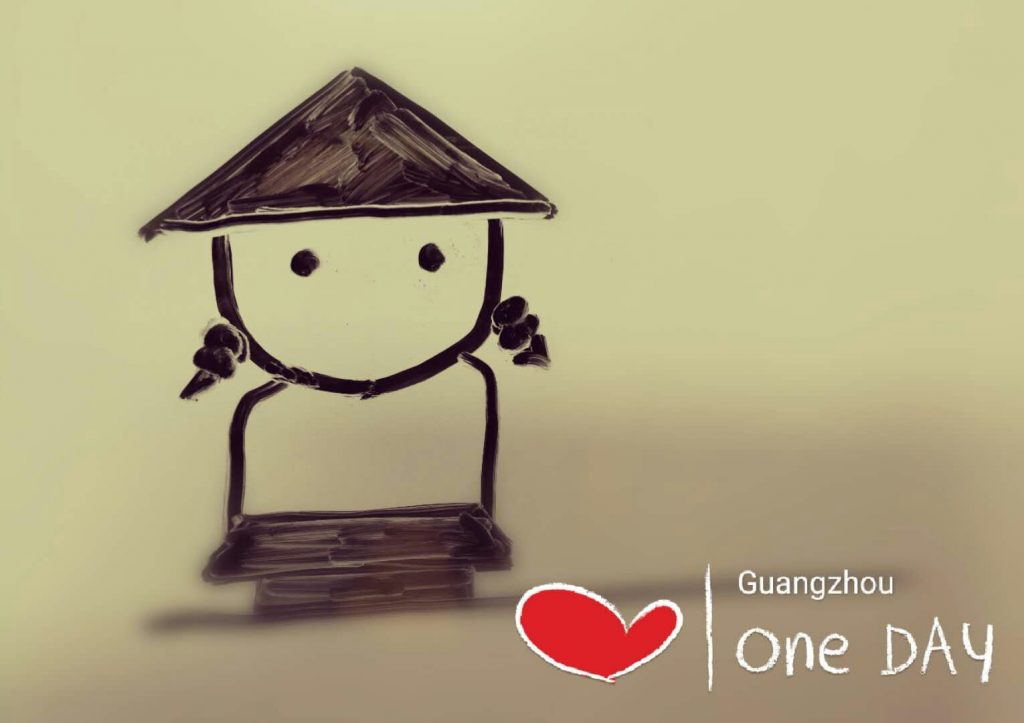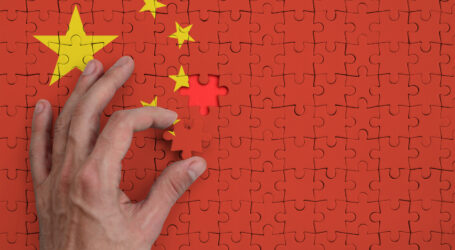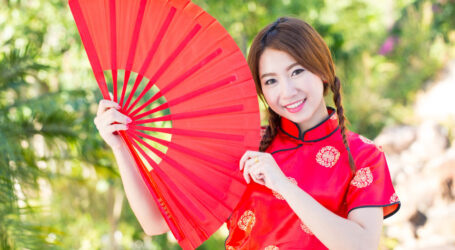In Australia, I often come to Cuba Cubano in Macarthur Square to become seated in their wood-brown lounge chairs to work, as well as for a chance to observe people and the local culture on parade in the mall courtyard outside the restaurant doors.
Over vegetarian nachos, a coffee, and a spicy Mexican hamburger with my native Hong Kong wife, we look outside to observe the people and fashion outside the restaurant windows.
Amid the discussion over Australian and Chinese fashion, she mentioned, “I noticed in Australia that all the women have a bit of a belly.”
I queried, “What about the younger girls? They are pretty skinny.”
“Even younger girls have a bit of a stomach,” she was frank.
“That is because they eat a lot better here,” I replied instinctively.
The Phenomenon Of Obesity Across Cultures
This admission caused us to reflect on the phenomenon of obesity in Western countries compared to the slender body shapes of mainland Chinese.
Complex cultural differences and traditions around history, food, wealth and poverty exist to create an environment either for obesity or undernourished trends in Chinese and Western society.
The majority of Mainland Chinese youth by nature are waif-thin. This is in contrast to the fuller figures one sees in Western society.
In Australia, a rule of thumb to guess how many years a Chinese national has lived in Australia is measured by their proportion of body fat.
Chinese who immigrate to Australia usually put on a few kilos due to the differences in food size, food availability, environmental factors, a sedentary lifestyle, and cultural differences.
The question then is, how long does this cultural process take?
Cultural Changes Defining Body Shape
If the Chinese person abroad in Australia is very skinny, it is likely that person recently arrived to Australia from overseas, and their luggage has not been unpacked.
If their suitcase has been unpacked for a few months, and the Chinese national has immersed themselves in the Australian lifestyle and cuisine, the chances are that due to Australian eating habits, the Chinese person looks less like the typical, waif-thin mainland Chinese.
The fatter that one is, the longer that one has lived in Australia.
The same could be surmised for foreigners who live abroad in China. One would assume with the change in culinary choices and a better overall diet, Westerners could become skinnier over time.
However, China provides ample choices for cashed-up foreigners to indulge in a Western lifestyle.
When Your Body Crosses Over Into Another Culture
While we observed the local Australian scene over lunch, my native Hong Kong wife mentioned her Chinese friend in Melbourne.
“My friend said she put on weight in the last month and a half that she has lived in Melbourne. She weighs more than me now!”
“So she is becoming Australian,” I smirked.
That became one of our jokes; the longer that an Asian person stays in Australia, the fatter they will be, and the more Australian they will become.
I looked across to the train station to see a fuller-figured Asian girl rush down the platform to board a train.
I figured, “Chasing trains just like in China. The habit is Chinese, but the body is Australian.”
All In The Tabasco Sauce
The conversation soon turned to how spicy the Mexican Tabasco sauce is in China.
As my wife bit into her hamburger, she exclaimed in horror, “Oh no! I didn’t think it would be so spicy!”
“You never eat Tabasco sauce straight. It will burn your lips.”
She agreed, “Yeah. Normally in China, hot sauce has onions in it. But this Tabasco sauce was really, really hot!”
Are you looking for suitable English-Chinese language exchange partners in China and Abroad?


Diary Of A Mad Chaos is a daily diary written from March 1996 until today, of which individual books and book series have been created, namely “The Lost Years” an exploration of young, entwined love, the “Wubao In China (猎艳奇缘)” book series which provides an extensive comparative analysis of the cultural differences between Eastern and Western societies, and the book titled “Foreigner (华人)” an exploration of race relations in Australia.










